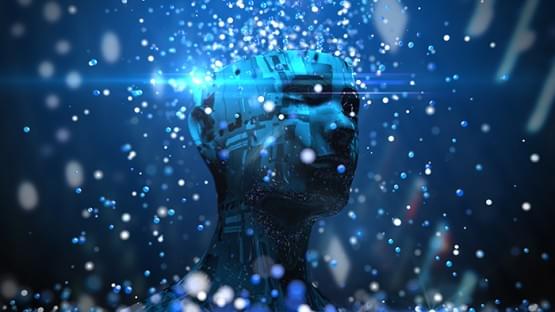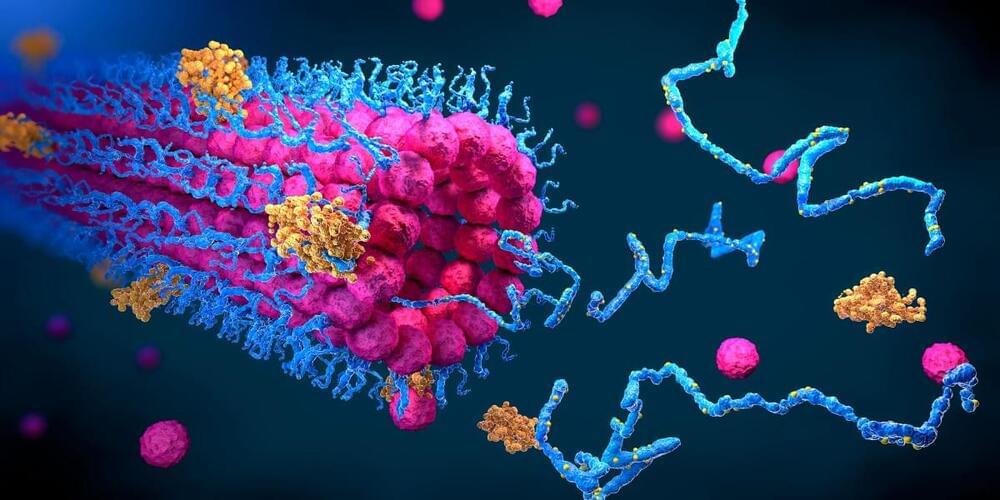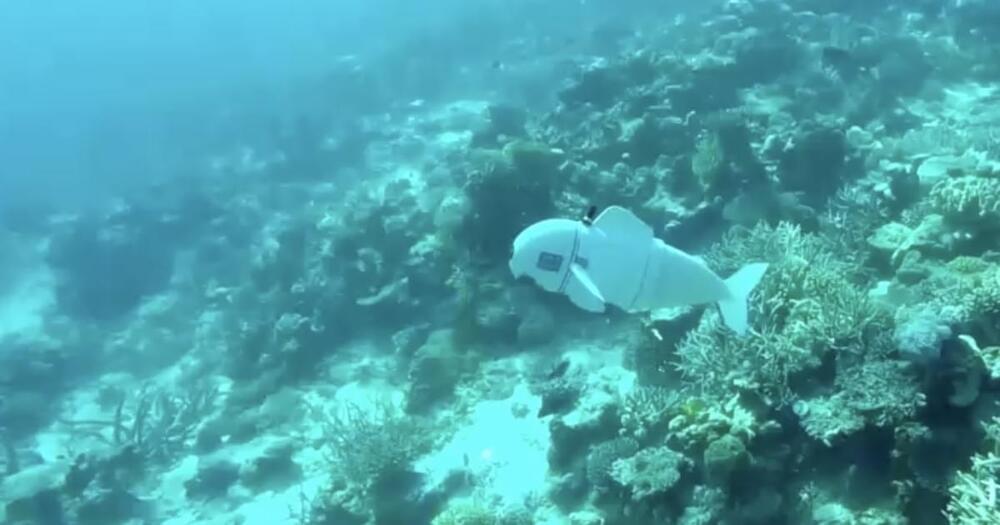With artificial intelligence poised to assist in profound scientific discoveries that will change the world, Cornell is leading a new $11.3 million center focused on human-AI collaboration that uses mathematics as a common language.
The Scientific Artificial Intelligence Center, or SciAI Center, is being launched with a grant from the Office of Naval Research and is led by Christopher J. Earls, professor of civil and environmental engineering at Cornell Engineering. Co-investigators include Nikolaos Bouklas, assistant professor of mechanical and aerospace engineering at Cornell Engineering; Anil Damle, assistant professor of computer science in the Cornell Ann S. Bowers College of Computing and Information Science; and Alex Townsend, associate professor of mathematics in the College of Arts and Sciences. All of the investigators are field faculty members of the Center for Applied Mathematics.
With the advance of AI systems – built with tangled webs of algorithms and trained on increasingly large sets of data – researchers fear AI’s inner workings will provide little insight into its uncanny ability to recognize patterns in data and make scientific predictions. Earls described it as a situation at odds with true scientific discovery.





